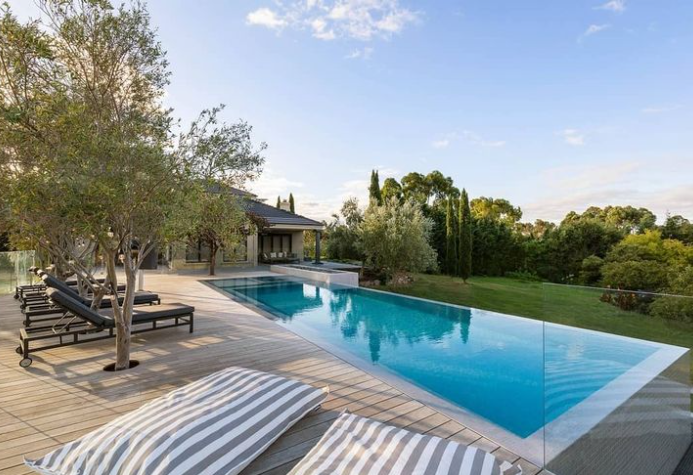A crystal-clear pool area is definitely the icon of any idyllic summer time time. But maintaining your pool clean and clear calls for proper routine maintenance and filtering system. Swimming pool filter systems are essential for a sanitary swimming pool area, and learning the different kinds of pool filtration systems and how they operate can help a lot to keep your water neat and harmless. In this article, we’ll leap in the several types of Pool filtration system and emphasize their functions, benefits, and disadvantages.
Fine sand Filtration system
Yellow sand filter systems are the most typical form of pool area filtration systems, and so they use fine sand as the principal filtering moderate. The way it performs is the fact that normal water moves throughout the fine sand bed furniture, as well as the fine sand traps the trash and impurities. Sand filter systems are super easy to run and sustain, plus they are relatively inexpensive. However, they must be backwashed on a regular basis to eliminate the trapped debris, as well as the beach sand must be replaced each and every couple of years.
Container Filters
Container filtration systems work with a pleated filtration container to capture debris, trash, along with other harmful particles. These are effective in trapping good debris and you should not call for backwashing. Container filtration systems are perfect for low-maintenance swimming pool owners because they demand significantly less recurrent servicing. They can be expensive but use a longer lifespan than beach sand filtration systems. Also, they are far more electricity-productive because of reduce water pump strain required.
Diatomaceous World (DE) Filtration system
Diatomaceous Earth Filtration systems are the most efficient form of pool filtration systems, trapping particles no more than five microns. They use crushed diatomaceous world being a filtering medium sized covered on plastic-type material grids. These are most expensive in the three kinds, but they take away far more pollutants than some other models. DE filtration system call for repeated backwashing and refilling of DE natural powder. They can also increase the backpressure, which could problems breakable parts of pool area equipment.
Crossbreed Filter systems
Hybrid Filtration systems are a combination of 2 types of filtering, like cartridge and DE, and those varieties supply the very best of both worlds. Crossbreed Filtration systems are known for their excellent filtration power and lower upkeep. Hybrid filtration system are compatible with highly energetic, hectic swimming pools or pools with decor that worsen troubles like dirt and particles.
To put it briefly:
Understanding the several types of pool filter systems is essential to trying to keep your swimming pool clean, wholesome, and desirable. For charge-mindful owners, fine sand filters work most effectively decision, with simple upkeep and reduce first expense. Ink cartridge Filters demand a lot less routine maintenance, are more electricity-productive and ideal for low-servicing swimming pool users. DE Filtration systems are the most beneficial at trapping the smallest particles, leading them to be an excellent selection for pool proprietors looking for great filter effectiveness. Crossbreed filtration systems offer you superb purification energy with reduced maintenance and potent hybrids for occupied pools in locations like services or schools. What ever filtration kind you choose, be sure you conduct program upkeep routinely. With correct routine maintenance, you can experience a new, obvious, and clean swimming pool all summertime lengthy.



